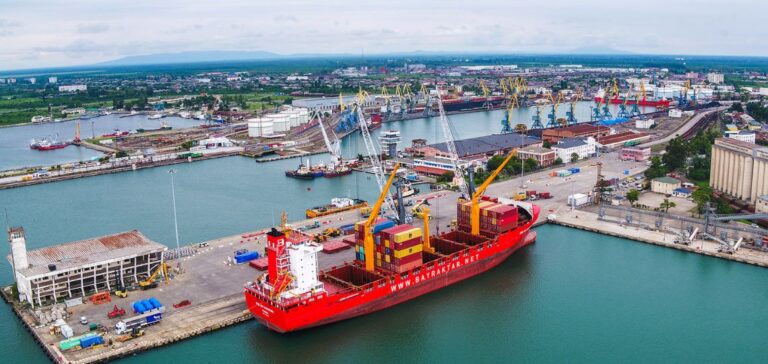In a strategic move to diversify its sources of supply, Georgia has given the go-ahead to Black Sea Petroleum to set up a new refinery at Kulevi, on the Black Sea coast.
This facility, the first of its kind in the country, represents a major step forward for the Georgian oil industry, traditionally dependent on imports, notably from Russia.
With an initial capacity of 1.121 million tonnes per year, the refinery will not only meet the needs of the domestic market, but also stabilize supplies in a context of geopolitical uncertainty.
The refinery’s capacity is set to grow to 2.921 million tonnes per year, although no precise timetable for this expansion has yet been set.
At the same time, the construction of a tank farm with an initial capacity of 89,000 m³, expandable to 440,200 m³, is also planned, thus reinforcing distribution and export infrastructures.
An unstable geopolitical context
The decision to build this refinery comes at a time when oil supplies, mainly from Russia, have become increasingly unpredictable.
Recent disruptions to Russian infrastructures, notably due to targeted attacks, have highlighted the fragility of current supply chains. Georgia, until now largely dependent on these imports, is taking steps to secure its access to petroleum products.
In 2023, Georgian crude oil production stood at 56,200 tonnes, with steady annual growth of 15-20%.
However, in the absence of local refining capacity, most of the crude oil produced was exported at less advantageous prices.
The commissioning of the Kulevi refinery will change this dynamic, enabling Georgia to process its oil locally and better meet domestic demand.
Export potential and regional implications
The new refinery at Kulevi will not be limited to meeting domestic needs.
Indeed, its strategic location on the Black Sea coast opens up export prospects to neighboring markets such as Armenia, which also relies on imports of mainly Russian petroleum products.
The development of the Georgian ports of Poti and Batumi, as well as the future port of Anaklia, will strengthen this export capacity, by facilitating the maritime transport of refined products.
Crude oil supplies could come from several sources, including Azerbaijan, Kazakhstan, Turkmenistan and potentially Iran.
This diversification of sources is crucial in the current geopolitical context, offering Georgia greater resilience in the face of potential supply chain disruptions.
With this project, Georgia is positioning itself not only to meet its own energy needs, but also to play a more influential role in the regional hydrocarbon market.
By reducing dependence on Russian imports and increasing local production capacity, the Kulevi refinery marks a key step in the evolution of Georgia’s energy sector.






















